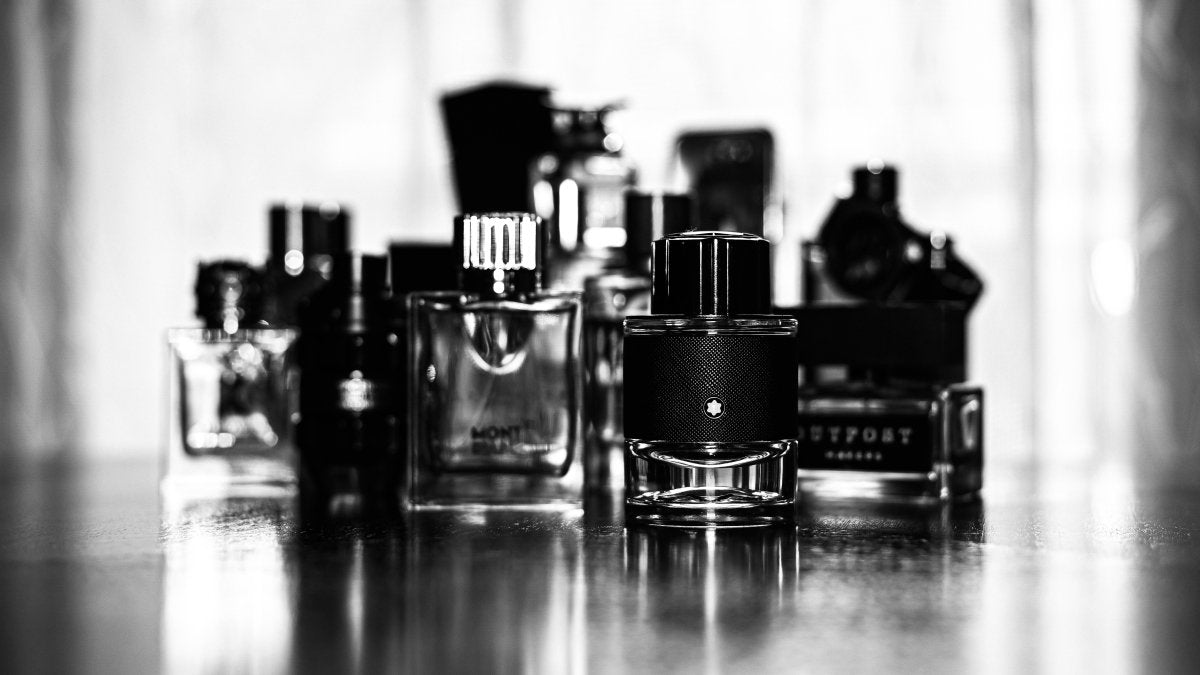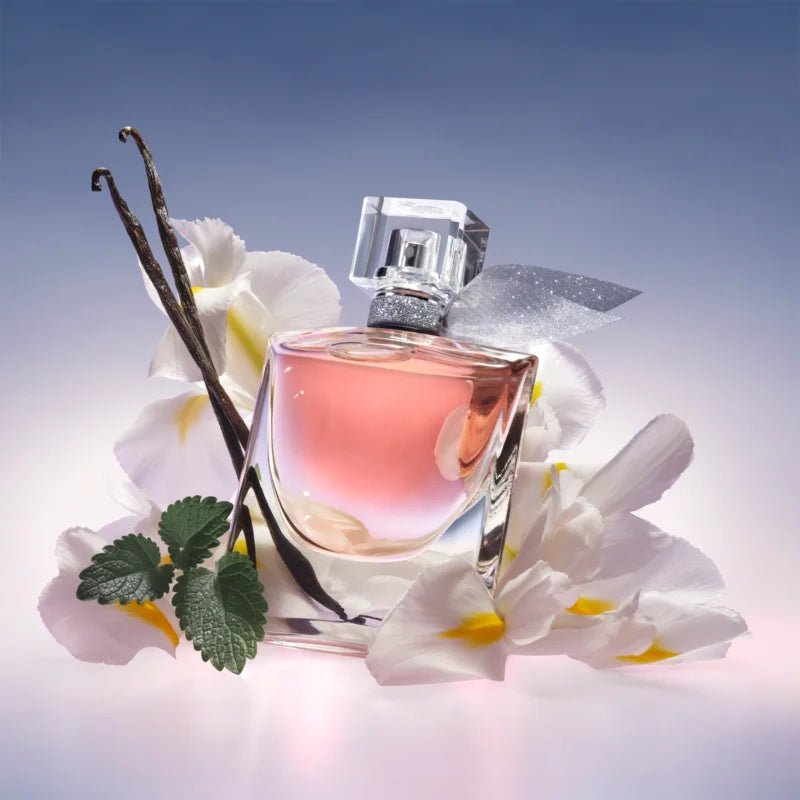
The Science of Scents: Exploring Synthetic Aromatic Compounds in Perfumery
Perfumery is an art that combines creativity, craftsmanship, and a deep understanding of scent. While natural ingredients like essential oils have long been celebrated in fragrance creation, synthetic aromatic compounds have revolutionized the world of perfumery. In this blog, we will delve into the fascinating realm of synthetic aromatic compounds, understanding their role, benefits, and contributions to the captivating fragrances we adore.
The Rise of Synthetics:
Synthetic aromatic compounds, also known as aroma chemicals or synthetic fragrance ingredients, are lab-created molecules designed to replicate or enhance the scents found in nature. These compounds were first introduced in the late 19th century and have since played a significant role in perfumery. They offer a vast palette of scents, enabling perfumers to create complex, consistent, and innovative fragrances.
Versatility and Consistency:
One of the primary advantages of synthetic aromatic compounds is their versatility. These compounds can mimic the aroma of natural ingredients that are rare, expensive, or limited in availability. For example, certain synthetic molecules can replicate the scent of a rare flower or a precious wood, providing perfumers with the freedom to create unique fragrances without relying solely on natural ingredients. Additionally, synthetic compounds offer consistency, ensuring that a fragrance maintains its desired scent profile regardless of variations in natural ingredients.
Stability and Longevity:
Synthetic aromatic compounds often exhibit enhanced stability and longevity compared to their natural counterparts. These compounds are meticulously designed to withstand environmental factors, such as heat, light, and pH, making them more resilient in various formulations. Consequently, fragrances containing synthetic compounds tend to have a longer shelf life and maintain their scent integrity over time.
Creative Freedom:
Synthetic aromatic compounds unleash endless possibilities for perfumers, granting them the freedom to explore new olfactory landscapes. With an extensive library of synthetic ingredients at their disposal, perfumers can experiment, innovate, and push the boundaries of fragrance creation. This creative freedom allows for the development of unique and captivating scents that captivate and resonate with individuals across the globe.
Replicating Nature's Fragrances:
While natural ingredients possess their charm and complexity, certain scents found in nature are difficult to capture through traditional extraction methods. Synthetic aromatic compounds enable perfumers to recreate these elusive scents faithfully. Whether it's the aroma of a rare orchid, the ethereal scent of a moonflower, or the fragrance of a delicate blossom, synthetic compounds provide a means to replicate these natural wonders.
Sustainable and Ethical Considerations:
Synthetic aromatic compounds also contribute to sustainability and ethical considerations in the fragrance industry. By reducing reliance on rare and endangered botanicals, synthetics help preserve natural resources and protect fragile ecosystems. Additionally, synthetic compounds can be produced in controlled laboratory environments, ensuring consistent quality and avoiding issues such as animal cruelty or unethical sourcing practices.
Consumer Safety:
Synthetic aromatic compounds undergo rigorous testing and regulatory scrutiny to ensure consumer safety. They are carefully assessed for allergenic potential and potential irritants. These stringent quality control measures allow fragrance companies to create products that meet safety standards and provide consumers with confidence and peace of mind when using their fragrances.Collaboration with Natural Ingredients:
It's important to note that synthetic aromatic compounds are not meant to replace natural ingredients entirely. In fact, many fragrances combine both natural and synthetic ingredients to achieve a desired scent profile. By synergizing the unique qualities of natural ingredients with the versatility and stability of synthetics, perfumers can create dynamic and well-balanced fragrances that delight the senses.
Conclusion:
Synthetic aromatic compounds have revolutionized the world of perfumery, offering perfumers an expanded








